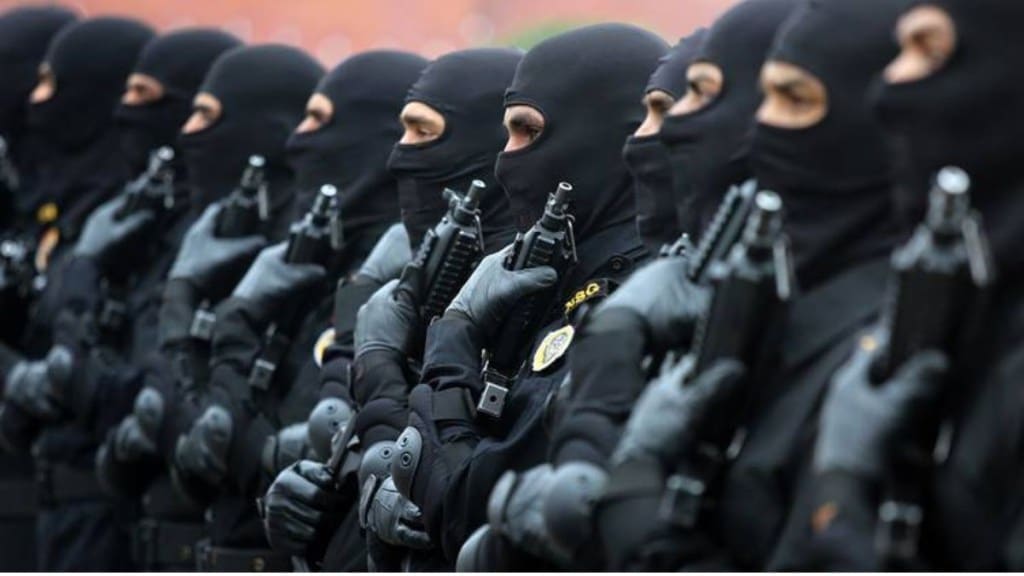As the specter of unknown threats looms large, the renowned Black Cat commandos of India’s National Security Guards (NSG) are preparing to face the challenges head-on. In the backdrop of global concerns over the proliferation of nuclear, chemical, and biological weapons falling into the hands of terrorists, the NSG has embarked on a comprehensive exercise to bolster its operational preparedness.
The G-20 Summit: A Gathering of Global Leaders:
Scheduled to be held in India from September 9-10, 2023, for the first time in the entire South Asian region, the G-20 summit is set to welcome leaders from the 20 most powerful countries in the world.
Notable participants include US President Joe Biden, Russian President Vladimir Putin, Chinese President Xi Jinping, and many others. Since India is holding the presidency this year, Prime Minister Narendra Modi has extended invitations to leaders from neighboring South Asian countries as well. The event not only marks a moment of pride for India but also poses significant security challenges due to the presence of leaders from different camps with their own rivalries and potential terrorist threats.
NSG’s Crucial Role in Security Preparedness:
Recognized as a world-class, zero-error force, the NSG is responsible for countering terrorism in India. To address the evolving security landscape, the NSG recently conducted a specialized exercise focused on Chemical, Biological, Radiological, Nuclear, and Explosives (CBRNE) threats. In collaboration with the United States Special Operations Forces, the Black Cat commandos engaged in a rigorous operational preparedness review from June 19 to 30. This exercise, which also involved the Indian Army, emphasized strategies to combat CBRNE attacks and neutralize terrorists effectively.
The Challenge of CBRN Attacks and India’s Readiness:
Given India’s history as a victim of terrorism, particularly attacks orchestrated by Pakistan, the nation remains vigilant in safeguarding its security. The delicate situation in Pakistan, coupled with the possibility of terrorist groups gaining access to nuclear weapons, has raised concerns. In response, India has fortified its security apparatus, including the Indian Army, the Rapid Action Force (RAF) of the Central Reserve Police Force (CRPF), and the National Disaster Response Force (NDRF). These specialized units have undergone intensive training to combat CBRNE threats and execute relief and rescue operations swiftly.
The NSG’s Black Cat commandos, renowned for their exceptional skills, have reinforced their capabilities through the recent CBRNE exercise conducted in collaboration with the US Special Operations Forces.

